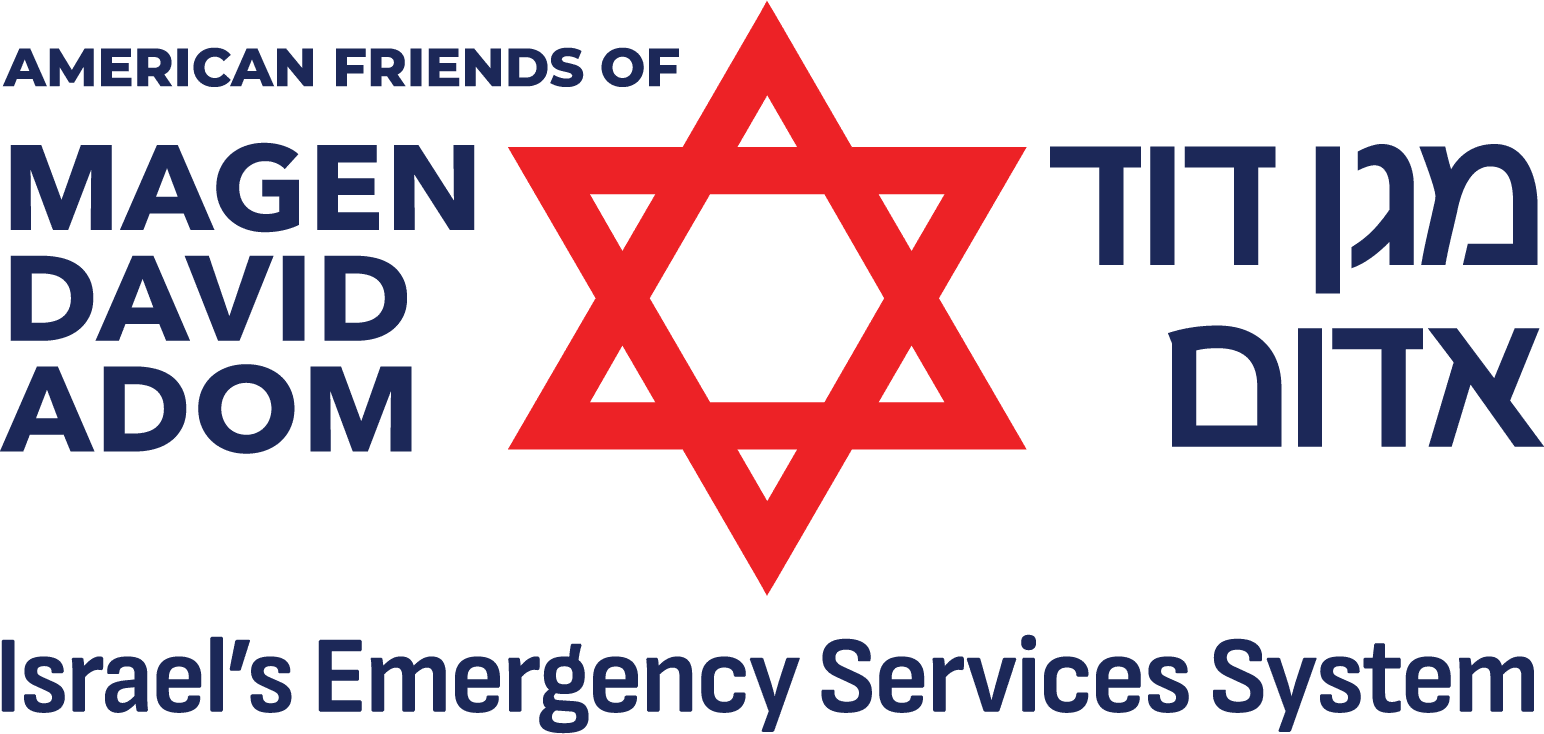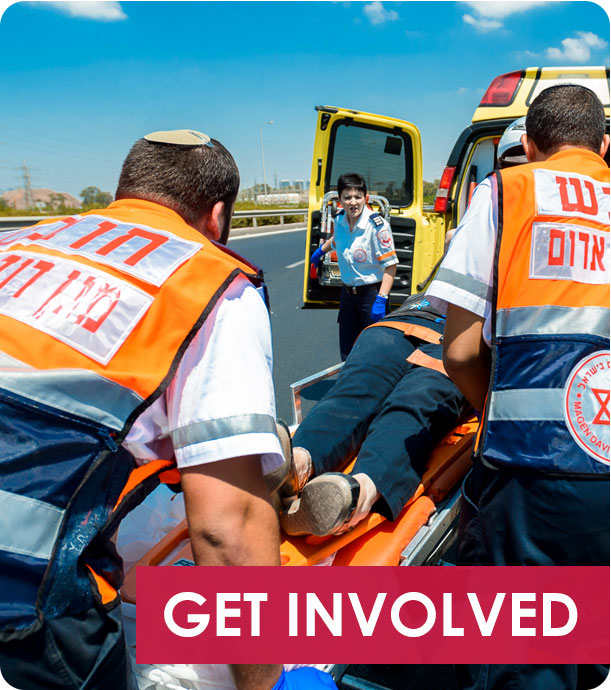Hadas Erlich normally serves in a quiet emergency services station in Jerusalem. She has proven herself in the field and is a trusted EMT trainer. She left her parents’ home on October 7, expecting it to be a normal, quiet day.
Arriving at the station, she was shocked to hear that Israel was suddenly under attack and every ambulance in the region was needed immediately. Rockets were not unusual, but this was horribly different.
“We have an armored ambulance, so we were called to help out in Sderot. On the way, we didn’t understand the extent of the terror there. We thought there would be rockets, but we started hearing about the many injured and the dead,” she explained.
“As a paramedic and as a chief of the team, I usually make sure that my team emotionally knows what we are going up against because we know that in order to deal with trauma, it’s important to be ready for it. But we couldn’t prepare for that. On the way, they said that there were going to be a lot of dead people, but we could not understand what was going on there.”
With rockets exploding above, Erlich and her driver rushed to Sderot, one of the largest Israeli cities near Gaza.
“On the way, we put on bulletproof vests and helmets. We can hear the bombs going off around us and the rockets. But we’re just going on through because we are in an armed ambulance.”
Nothing could have prepared her for the scene they were entering.
“A lot of people think there was chaos, but it was quiet, like a movie that had been paused,” Erlich said. “The only thing you could hear was the shooting and the terror.”
They took a single street into the heart of the conflict and transported patients out via that same street, over and over all day, a street she now refers to as “Death Street.”
Everyone had been living as they normally did until death came suddenly, freezing the street in a morbid scene of life placed on pause.
“You see an old woman sitting on a bench dead, and beside her, there’s a dog. The first time that I saw a dog sitting there alive, I said, ‘Oh, a dog.’ The fifth time that I went by, I realized that the dog was waiting for the woman to wake up, but she was dead. And he was just waiting.
“You see a bunch of elderly people who woke up to go on a trip to the Dead Sea, and they were shot.”
She bit her lip, fighting tears, and went on. “The first time I saw it, I’m like, OK, bodies. I’ve been a paramedic for six years, and I’ve seen bodies. I’ve seen very graphic things, and I’ve been in very, very rough cases, but nothing was like this. You go through a street that is supposed to take you a minute-and-a-half to go through, and you feel like it’s a lifetime.”
She saw a teenage boy and his bike; both had fallen over on the sidewalk. People wearing Shabbat clothing were lifeless on the side of the street. There was a woman sitting dead next to her cup of coffee.
Erlich passed a playground with tiny children’s lifeless bodies scattered beneath it.
This terrible scene shocked then continued to wrench her heart each time she rode through.
“The way they went out to live is how they died.”
For 13 hours, Erlich drove past this scene toward the fighting, stopping in the war zone with the sounds of rockets and guns being fired as the wounded were quickly loaded into her Mobile Intensive Care Unit. She gave plasma, blood, started IVs, and stopped the bleeding.
Some of the victims stood out. She made a deal with a terribly wounded soldier that he would stay awake and not slip into unconsciousness.
“If you promise not to fall asleep, I promise to do everything I can to keep you alive,” Erlich told him, knowing if he fell asleep, she would lose him. The deal worked, and she passed the soldier and their deal to the next waiting ambulance, who rushed him to the hospital. He survived.
The unarmored vehicles waited just outside of the war zone, ready to take the wounded from her to the hospital so Erlich and her driver in the armored ambulance could rush back in. They unloaded as quickly as possible, washed the blood from the floors, shut the doors, and headed back down Death Street.
“I’d cry. You’re not supposed to cry, but no one could be prepared for this. I’d cry looking at the children under the playground, the little dog waiting, all those who left their homes that day to live,” she said as her voice wavered.
Then, with a deep resolve, she explained that before receiving a new patient in her ambulance, she’d dry her tears, bracing herself for the next round of victims to be loaded in. Her training kicked in, and she was in lifesaving mode, emotions pushed aside.
At the end of the day, Erlich’s shoes were filled with blood.
“We are not heroes,” Erlich said solemnly. “The amount of terror and death we saw, it could cripple us. But remembering those injured patients who did survive, that’s what keeps me going.”
The soldier did indeed keep his promise to stay awake, miraculously lived, and was reunited with his family. That’s what she holds on to.
“I can tell you that my parents are Orthodox Jews, and they keep Shabbat. There was no holiness; there was no Shabbat. We call it The Black Sabbath, it’s true. There was no holiness; there was death; there was terror.”
To support the lifesaving work of MAGEN DAVID ADOM, click here.


